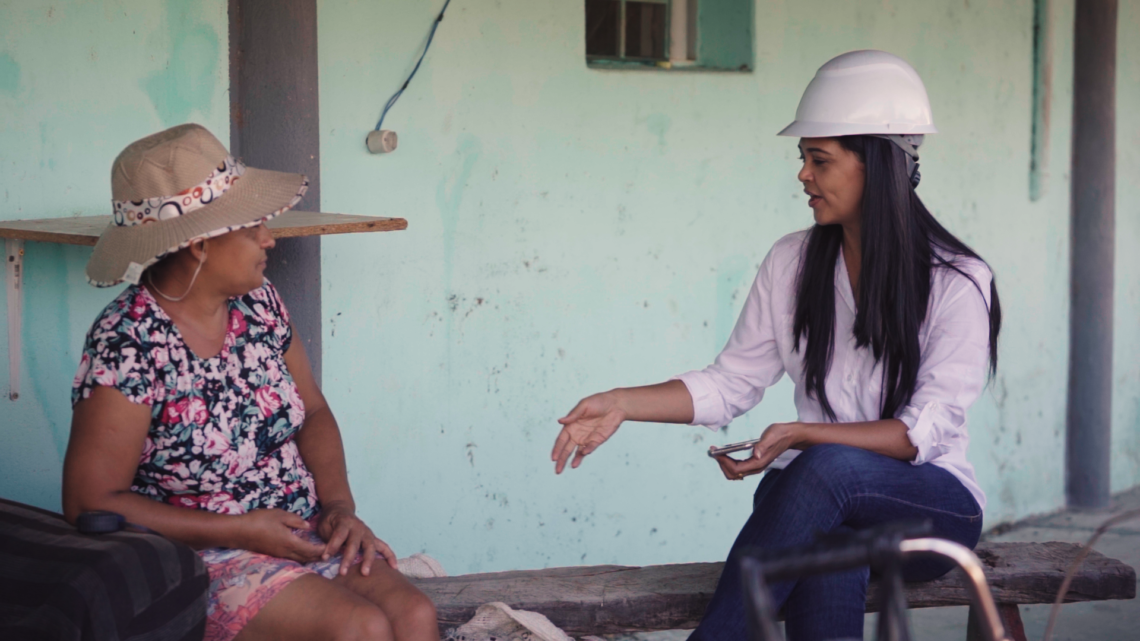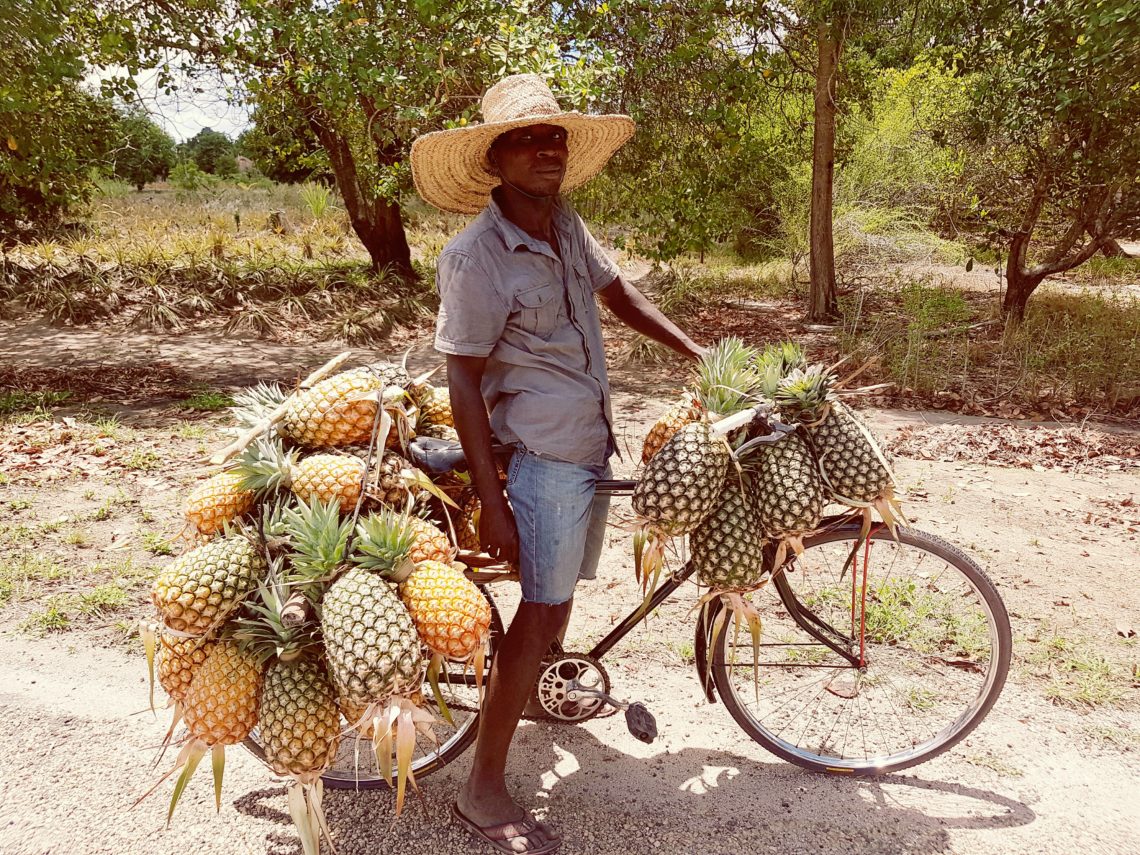Sustainability
How we work with sustainability

Clean and sustainable energy
Scatec develops, builds, owns, operates and maintains power plants that generate clean and reliable electricity. Electricity is vital for the economic growth of nations and for human welfare. We strive to increase access to clean, affordable, and renewable electricity generation in emerging markets. Sustainability is an integral part of our organisation and embedded in all business units.
Governance and risk management approach
Sustainability is an integral part of our organisation and is embedded in all business units.
The sustainability team in each country consists of both corporate support teams and specialists who report to the global headquarters and ultimately to the Executive Vice President (EVP) People, Sustainability & Digitalisation, who is part of the Executive Management team (EMT) reporting directly to the Board of Directors (Board).
The Audit and Sustainability Committee carries out quarterly reviews of Scatec’s ESG reporting, and the Board is responsible for regular reviews of material sustainability topics. This includes, but is not limited to, the review and advising on the Company’s sustainability strategy, evaluation and monitoring of annual ESG targets and results, and discussions related to strategic direction and other key decisions.
Sustainability topics including health, safety and security, anti-corruption, responsible procurement, environmental and social impacts, and stakeholder engagement are reviewed by the EMT and the Board on a biweekly and a monthly basis.
For all our projects, environmental and social risks are identified, reported, and actively managed with clear decision gates and requirements through all project phases. A detailed corporate ESG risk matrix is developed to ensure that relevant risks and their respective status is raised monthly to the EMT and quarterly to the Board.
Scatec’s sustainability team collaborates closely with our regional teams and business units to review and address relevant sustainability matters quarterly. Our sustainability policy commitments are integrated into our organisational strategies, operational policies and procedures through continuous collaboration with all business units on shared projects and initiatives.
Compliance
Scatec is committed to operating in line with the Equator Principles and IFC’s Environmental and Social Performance Standards to ensure consistent practices across all projects. Our work is also guided by the OECD Guidelines for Multinational Enterprises. We work with trusted partners such as the IFC, Norfund, KLP and several larger development banks who all have high standards for the projects and their associated impacts.
Reporting and assurance
Scatec reports in accordance with the Global Reporting Initiative (GRI) Standards and we regard our report to be our Communication on Progress (COP) to the United Nations Global Compact (UNGC). Furthermore, we report to the Carbon Disclosure Project (CDP) and in line with the Task Force on Climate-related Financial Disclosures (TCFD).
During 2023, Scatec initiated its preparatory work towards compliance to the Corporate Sustainability Reporting Directive (CSRD), entering into effect in for FY 2024. Scatec will report in line with CSRD for the 2024 annual reports.
Scatec’s material sustainability aspects in reporting on GRI indicators, conducted in accordance with the International Standard on Assurance Engagements (ISAE 3000), was reviewed by PricewaterhouseCoopers (PwC), who is also the auditor for our annual financial statements and related reports. PwC completed a full verification of all GRI disclosures covering each material GRI topic within the scope of a limited assurance.
2023: Key ESG performance
Managing our environmental and social impact

Renewables must be deployed with respect for nature, social inclusion and in close cooperation with broader society. The impact of renewable power plants on biodiversity and local communities needs to be understood and minimised and economic development and job creation is essential for renewable deployment to gain support.
Scatec contributes to the global transition to a low carbon society through its renewable energy generation. The new technology and installations necessary for this transformation also causes climate impacts through production and operation of components and land use changes from solar, wind and hydro projects. We aim to limit the climate impacts in our value chain.
Renewable power plants require large amounts of resources to be built. With power purchase agreements (PPAs) lasting up to 25 years, plants must be designed and operated with consideration to long-term performance and eventual decommissioning. By having an active presence for many years, a unique opportunity exists to positively impact our local neighbours within each phase of a project.
The development and construction of utility-scale renewable energy plants may include environmental impacts such as the degradation of habitats, reduction of resource availability and transformation of habitats, which can affect biodiversity. Scatec works to implement mitigation measures to minimise impacts and restore biodiversity. We endeavour to minimise our negative impacts, maximise local benefits and ensure constructive dialogue with all project stakeholders. In all our work, we pay special attention to the human rights we are at risk of impacting and to the most vulnerable groups.
Water is a scarce resource in many areas and therefore an important aspect of our environmental management. We optimise usage of water during operations and have a focus on limiting water use in areas with high water stress. We avoid impacting natural aquafers or developing near wetland areas where possible.
Safety and security
Health, safety, security and environment (HSSE) are key priorities for Scatec. We take responsibility, set requirements and monitor HSSE performance in the development, construction and operations phases of our projects. We define health and safety standards and communicate these to our employees and subcontractors. The KPIs represent corporate figures for rolling 12 months, updated on a quarterly basis.